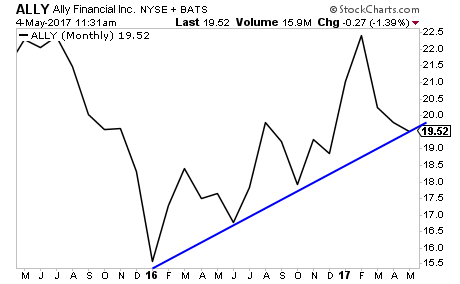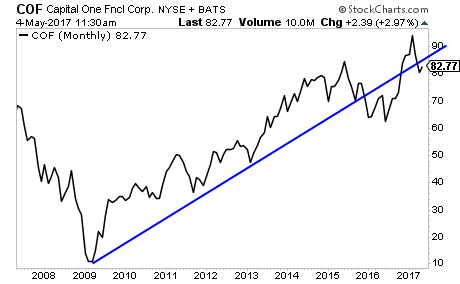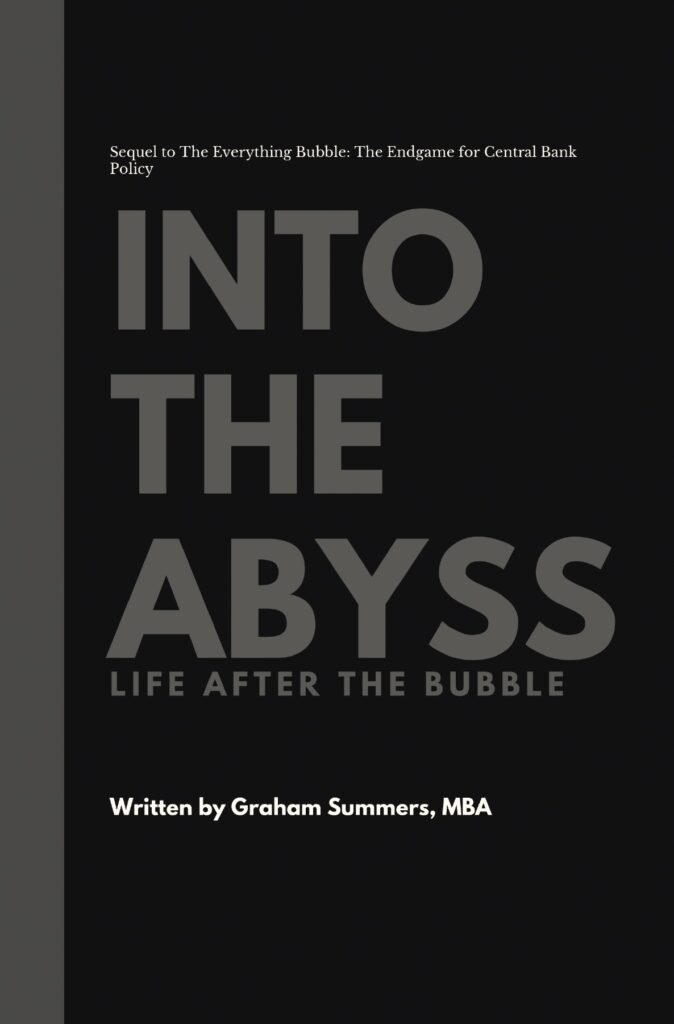The Subprime 2.0 story is now gaining traction in the financial media.
By way of brief review, here is the template for Subprime 1.0 (the mortgage meltdown).
1) Banks, hungry for profits, began issuing mortgages to sub-prime borrowers (people who couldn’t possibly pay the loans back).
2) Housing prices and sales began to fall.
3) Subprime borrowers began defaulting on their mortgage.
4) Subprime mortgage lenders began to collapse.
5) A crisis unfolds as the issue spreads throughout the banks.
Subprime 2.0 is following the exact same pattern, just replace the words “housing” with “automobiles” and “mortgages” with “auto-loans.” As the Wall Street Journal notes…
Banks Pull Back on Car Loans as Used-Auto Prices Plummet
Car loans have been among the fastest growing consumer lending categories since the last recession. Banks and other lenders began increasing originations about seven years ago in search of more revenue as the mortgage market slumped.
As competition intensified, lenders loosened underwriting standards by courting borrowers with lower credit scores and extending repayment periods on loans. Small nonbank lenders also jumped in, relying on the bond market as an outlet to sell their loans.
But increasing losses have sapped some banks’ enthusiasm. Annualized net losses on securitized subprime auto loans increased to more than 10% late last year, the highest level since February 2009, according to Fitch Ratings. The figure slipped back to 9% in March, but that was the highest loss reading for that month since at least 2001.
Source: WSJ
In terms of the above template Subprime Template, we’re currently at #3 and on our way to #4.
All we need now is some auto-lenders to start blowing up, and the fuse on the Subprime 2.0 Debt Bomb will have been lit.
Keep an eye on Ally Financial (ALLY) and Capital One (COF). Both have large auto-loan exposure.
When Subprime 2.0 ignites the markets will move into crisis mode.
And smart investors will use it to make literal fortunes from it.
To pick up a FREE investment report outlining three investments that you could make you a ton of money when the markets collapse…
Best Regards
Graham Summers
Chief Market Strategist
Phoenix Capital Research







